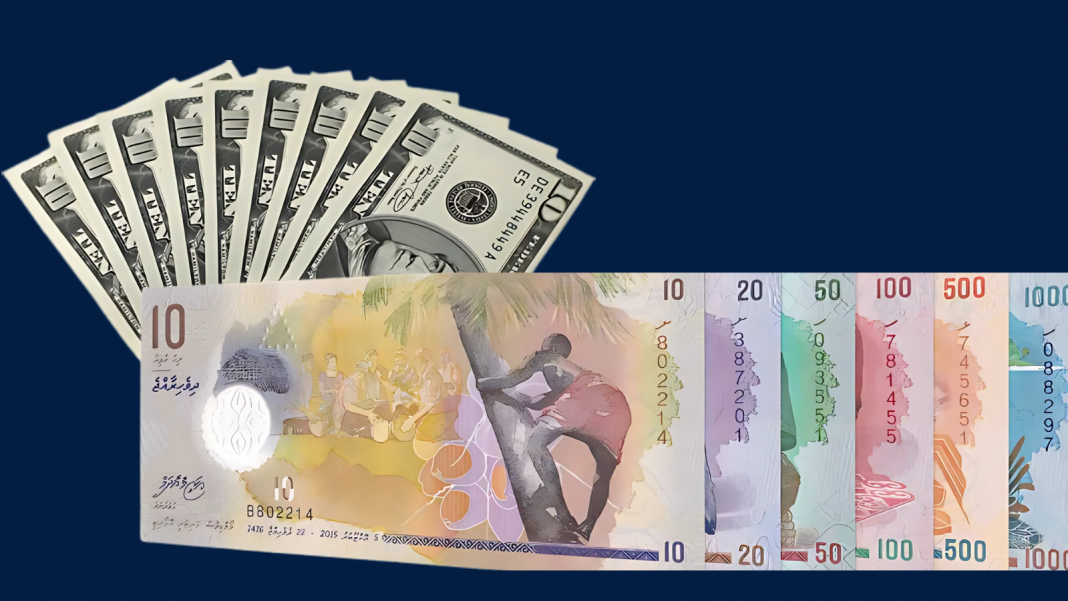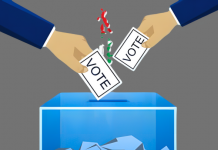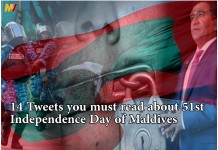The Maldives Monetary Authority (MMA) has introduced new regulations aimed at addressing the country’s ongoing shortage of US dollars. These rules require tourist businesses, like resorts and hotels, to exchange a fixed amount of US dollars into local currency, the Maldivian Rufiyaa (MVR), for each tourist who visits.
Key changes in the law
The new rules, part of changes to the Foreign Currency Regulation, mean that businesses in the tourism sector must convert US dollars at a fixed rate:
-
USD 500 per tourist for resorts and hotels.
-
USD 25 per tourist for guesthouses and smaller hotels on local islands.
Tourist businesses must now register with the MMA within 30 days and deposit their income into banks, with the MMA monitoring these deposits. Additionally, banks must report foreign currency transactions to the central bank and sell 60% of their foreign currency earnings to the MMA weekly.
Why these changes matter
These changes aim to bring more foreign currency into the official banking system, which the MMA believes will help solve the dollar shortage. However, there are significant concerns that the new rules could harm the tourism industry.
Problems for resorts
Many resorts and hotels are already operating on tight budgets. The majority of their income is spent on necessary expenses such as:
- Paying taxes and rents in dollars.
- Importing food, furniture, and supplies, all paid in US dollars.
- Paying salaries, loans, and other operational costs, which are mostly in dollars.
With the new rule forcing resorts to exchange USD 500 per tourist, they will struggle to manage their finances, as most of their income is already committed to dollar-based expenses. Many resorts might end up facing cash flow problems and could be forced to cut costs or use unofficial methods to get dollars.
Impact on locals and the economy
Resorts may have to start paying salaries and service charges to their staff in local currency instead of US dollars. This will reduce the amount of US dollars circulating within the economy, making it harder for regular Maldivians to access foreign currency for personal use or for businesses to buy necessary imports.
Moreover, this regulation could push resorts towards seeking dollars in the black market, further distorting the currency exchange system and worsening the dollar shortage in the long run.
A short-term fix with long-term consequences
While the government claims these new rules will bring more dollars into the banking system, they might do the opposite. By forcing tourist businesses to exchange large amounts of dollars, they will be left with less foreign currency to operate. This could lead to a decrease in investments, job losses, and a negative impact on the Maldives’ tourism sector, which is the backbone of the country’s economy.
If this continues, the overall economy could suffer from reduced foreign investment and a shrinking tourism sector, making it even harder for the country to recover financially.


















